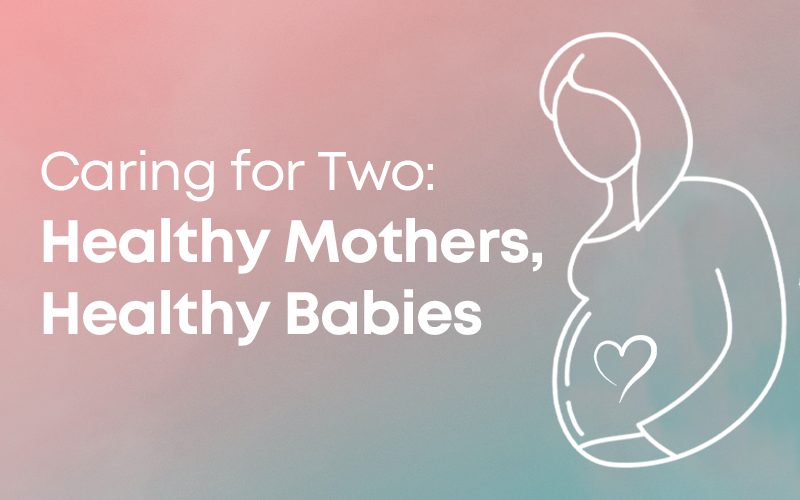Importance of Prenatal Care: Promoting Maternal and Neonatal Health
The importance of prenatal care is often underestimated, especially in the rural areas of Pakistan. It is crucial for pregnant women to be aware of the imperative role such focused care plays in ensuring the health and well-being of mothers and their babies.
According to the World Health Organization, ‘Optimising nutrition early in life, including the 1000 days from conception to a child’s second birthday, ensures the best possible start in life, with long-term benefits’.
Malnourishment
One such aspect of prenatal care is addressing malnourishment, which can have damaging effects on maternal and neonatal health. Women have specific nutritional requirements, especially before and during pregnancy and breastfeeding, a time when nutritional vulnerability is at its greatest. During pregnancy, diets lacking in essential nutrients – like iodine, iron, folate, calcium, and zinc – can lead to a range of complications, including birth defects, developmental delays, maternal complications, and in some cases, even death. This highlights the importance of adequate nutrition and regular monitoring during pregnancy. A wholesome diet as well as prenatal vitamins can help women bridge any nutritional gaps.
Some studies suggest that poor care of women in pregnancy and childbirth could pose a longer-term risk to the health of the child, as well as increasing immediate risks for both mother and child.
Tips for expectant mothers
Certain steps can be taken by expecting mothers to help improve their nutritional requirements as well as monitor their future baby’s development:
- Visit a doctor for regular check-ups to help monitor progress, assess the health of mother and baby, prevent possible problems, and ask pregnancy-related questions
- Increase daily intake of folic acid (one of the B vitamins)
- Ensure immunizations are up to date
- Control diabetes and other medical conditions
- Avoid smoking, drinking alcohol and using drugs
- Maintain a healthy weight
- Learn about family health history and that of your partner
- Seek help for depression, anxiety, or other mental health issues
Education is another crucial component of prenatal care. Expectant mothers should receive information and guidance on topics such as proper nutrition, safe exercise during pregnancy, childbirth preparation, breastfeeding, and postpartum care. This knowledge empowers women to make informed decisions and take conscious steps toward a healthy pregnancy.
To make the most out of prenatal care appointments, expectant mothers can follow these tips:
- Maintain a record of symptoms, questions, and concerns to discuss with the healthcare provider.
- Attend all scheduled appointments and follow guidelines for prenatal screenings and tests.
- Stay informed about healthy lifestyle choices, including diet, exercise, and avoiding harmful substances.
- Seek support from healthcare professionals, family, and friends to address any challenges or concerns during pregnancy.
By prioritising prenatal care, addressing malnourishment, and staying proactive in their journey, women can improve their chances of a healthy pregnancy and delivery, leading to positive outcomes for both mother and baby.



